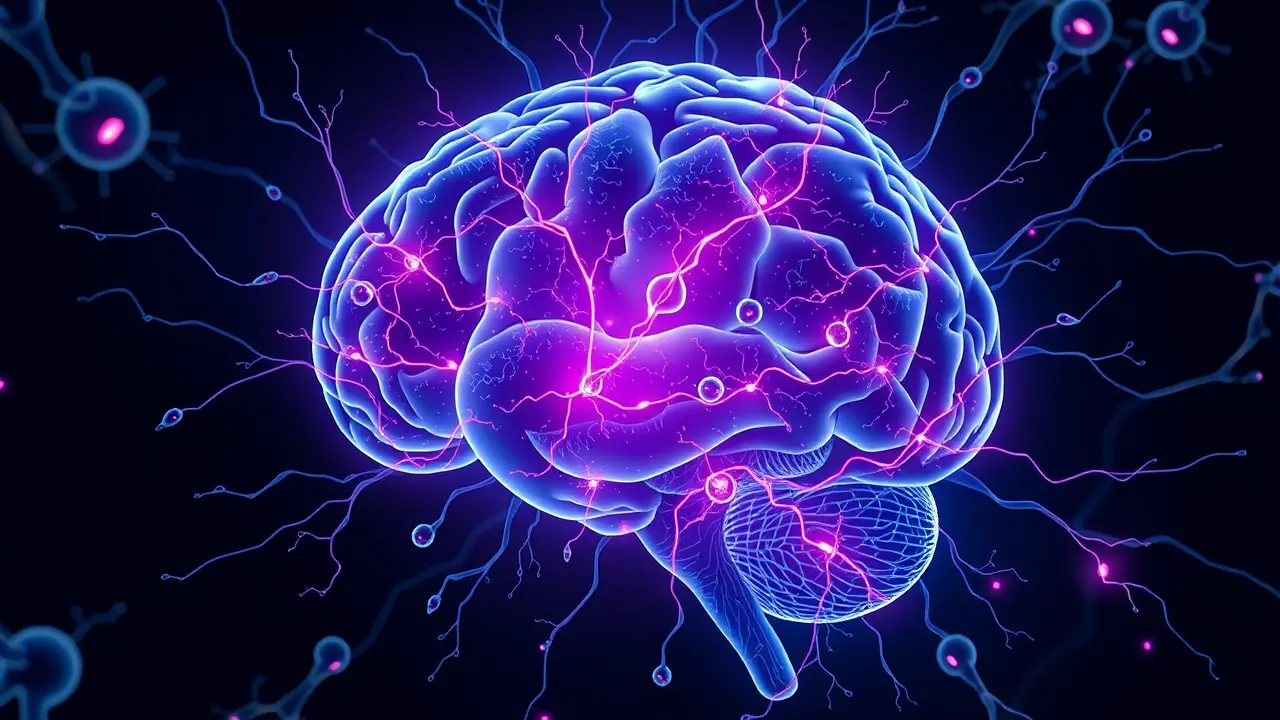
ScienceneuroscienceNeurodegenerative Diseases
Scientists find hidden brain source that fuels dementia
KE
Kevin White
7 hours ago7 min read2 comments
In a development that feels ripped from the pages of a near-future medical thriller, a team of neuroscientists at Weill Cornell Medicine has pinpointed a previously hidden engine of dementia, a discovery that could fundamentally rewire our approach to neurodegenerative diseases. The culprit isn't a rogue protein or a faulty gene in isolation, but a torrent of destructive free radicals originating from a surprising cellular source: the mitochondria of astrocytes, the brain’s crucial support cells.For decades, the dominant narrative in Alzheimer's and frontotemporal dementia research has centered on the accumulation of amyloid-beta plaques and tau tangles within neurons themselves, a kind of direct cellular sabotage. This new research, however, shifts the battlefield to the surrounding environment, revealing how these star-shaped glial cells, once considered mere background players, can become factories of oxidative stress, releasing a cascade of mitochondrial free radicals that ignite brain-wide inflammation and systematically dismantle the delicate neuronal networks responsible for memory and cognition.The team didn't just identify this mechanism; they engineered a sophisticated counter-strategy, developing novel, brain-penetrating compounds designed to surgically neutralize these radicals at their mitochondrial source within the astrocytes. In mouse models, the results were striking: a significant reduction in the inflammatory firestorm and a measurable slowing of the neuronal damage that characterizes these cruel conditions.This represents a paradigm shift from treating downstream symptoms to targeting the precise, upstream cellular machinery driving the degeneration. Imagine moving from trying to put out a house fire to instead disarming the faulty wiring that sparked it.The implications are profound, suggesting a potential therapeutic pathway that could be applicable across a spectrum of dementia-related illnesses, all of which share this common thread of oxidative stress and neuroinflammation. It’s a testament to the next generation of biotech, where interventions are becoming increasingly cellular and specific, moving beyond blunt instruments to elegant, molecular-level fixes. While the transition from promising rodent studies to human trials is a formidable gauntlet, this work illuminates a once-dark corner of brain pathology, offering a tangible, mechanistic target for the drug developers and clinicians fighting on the front lines against dementia’s relentless tide.
#featured
#dementia
#Alzheimer's
#frontotemporal dementia
#brain inflammation
#free radicals
#astrocytes
#mitochondria
#Weill Cornell
#research breakthrough
Stay Informed. Act Smarter.
Get weekly highlights, major headlines, and expert insights — then put your knowledge to work in our live prediction markets.
Related News
© 2025 Outpoll Service LTD. All rights reserved.
